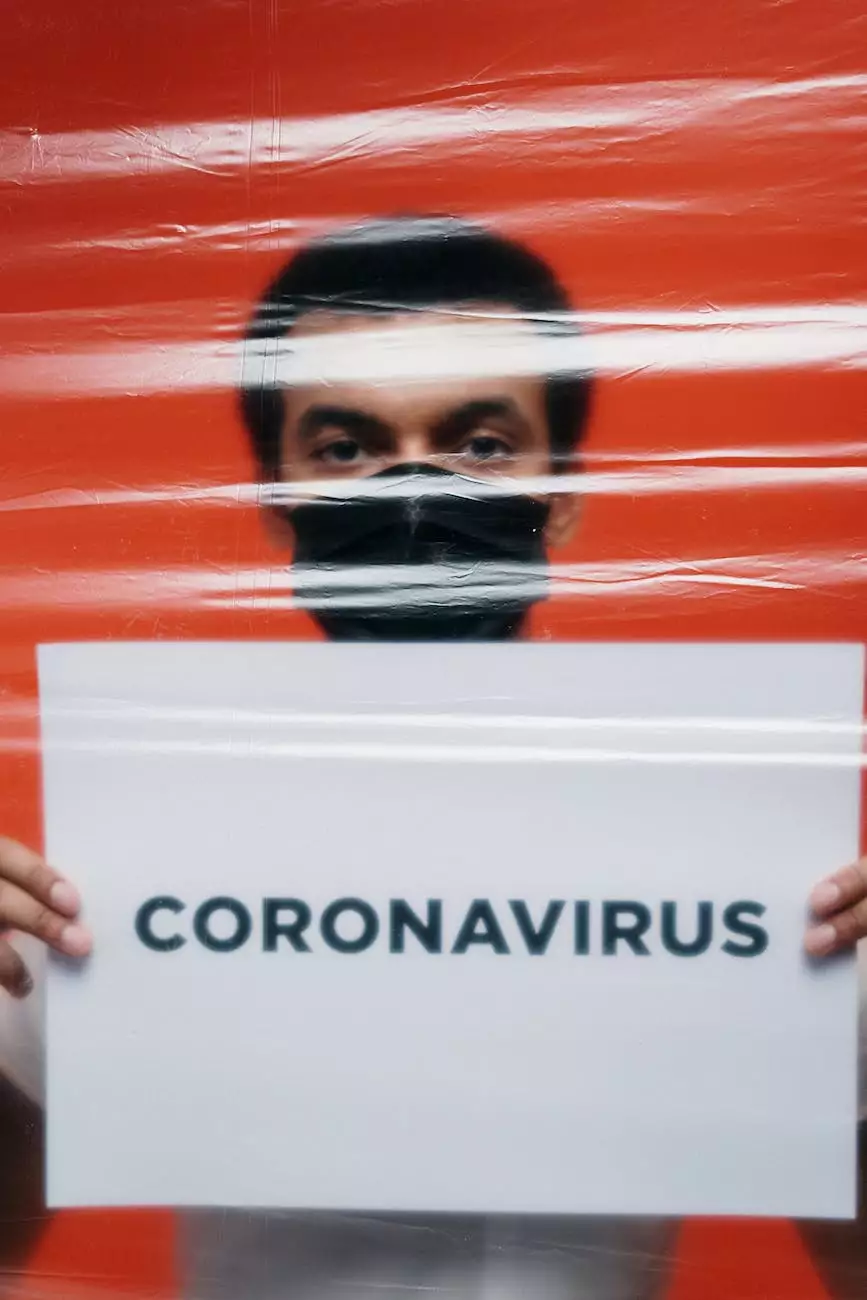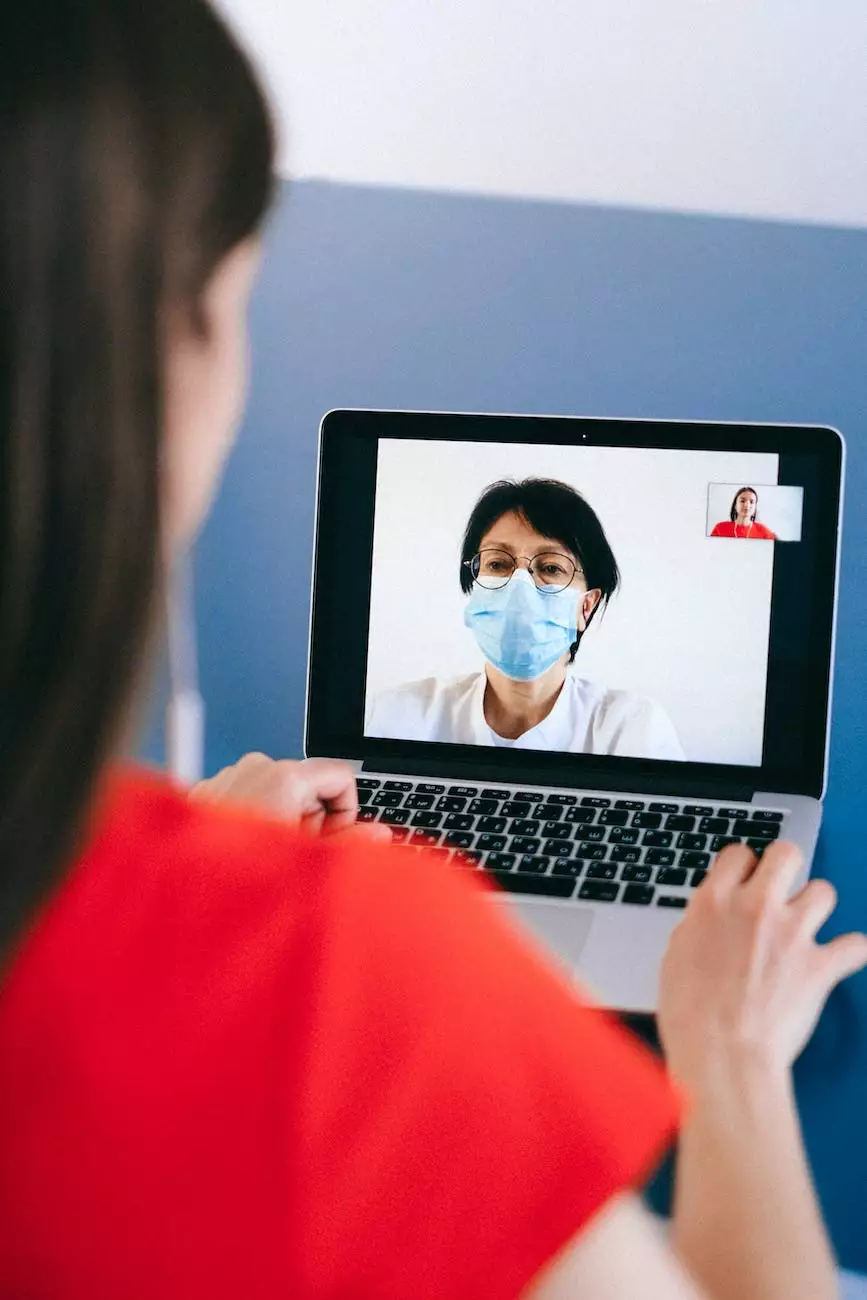What Does a Contact Tracer Do?
Healthcare Career
Welcome to Sexual Health Education & Economic Telehealth Services, your trusted source of information in the health industry. In this article, we will delve into the role of a contact tracer and highlight its significance in maintaining public health.
The Importance of Contact Tracers
Contact tracers play a crucial role in preventing the spread of infectious diseases, including STDs, by identifying, notifying, and providing support to individuals who may have been exposed to the virus. By acting as the frontline defense, contact tracers contribute significantly to public health efforts.
Responsibilities of a Contact Tracer
A contact tracer's primary responsibility is to identify and locate individuals who may have come into close contact with an infected person. Once identified, the contact tracer will reach out to these individuals, providing necessary guidance and support.
Moreover, contact tracers also conduct detailed interviews to collect important information about the infected individual's recent activities and potential sources of exposure. This information helps in identifying and notifying other individuals who might have been exposed, allowing for timely testing and treatment.
Skills Required for Contact Tracing
Effective contact tracers possess a range of skills necessary to carry out their responsibilities effectively. Some of these skills include:
- Communication Skills: Contact tracers must have excellent communication skills to efficiently interact with individuals who may be anxious or reluctant to share personal information. Sensitivity and empathy are crucial in establishing trust and facilitating open dialogue.
- Attention to Detail: Contact tracers need to be meticulous, paying close attention to the information gathered during interviews. Accurate documentation and organization are essential for effectively managing cases and identifying potential patterns of transmission.
- Problem-Solving Abilities: A contact tracer often encounters complex situations that require quick thinking and problem-solving skills. They must navigate through various challenges, such as language barriers, cultural sensitivities, and reluctance to comply with isolation or quarantine measures.
- Medical Knowledge: While not required to be medical professionals, contact tracers should possess a solid understanding of infectious diseases, their modes of transmission, and recommended preventive measures. This knowledge helps in providing accurate information and guidance to individuals.
Collaboration with Public Health Organizations
Contact tracers work closely with public health organizations, including local health departments, to ensure a coordinated response to infectious diseases. They provide essential data and insights that help public health officials make informed decisions regarding quarantine protocols, testing requirements, and community interventions.
The Impact of Contact Tracing
Contact tracing has proven to be a critical tool in curbing the spread of infectious diseases and preventing public health crises. By promptly identifying and isolating individuals at risk, contact tracers can help break the chain of transmission, thereby protecting vulnerable populations and preserving the overall well-being of communities.
Conclusion
In conclusion, contact tracers play an indispensable role in safeguarding public health. Their efforts in identifying and notifying individuals potentially exposed to infectious diseases are instrumental in preventing further transmission and managing outbreaks effectively. At Sexual Health Education & Economic Telehealth Services, we recognize the invaluable contribution made by contact tracers in promoting healthy communities.









